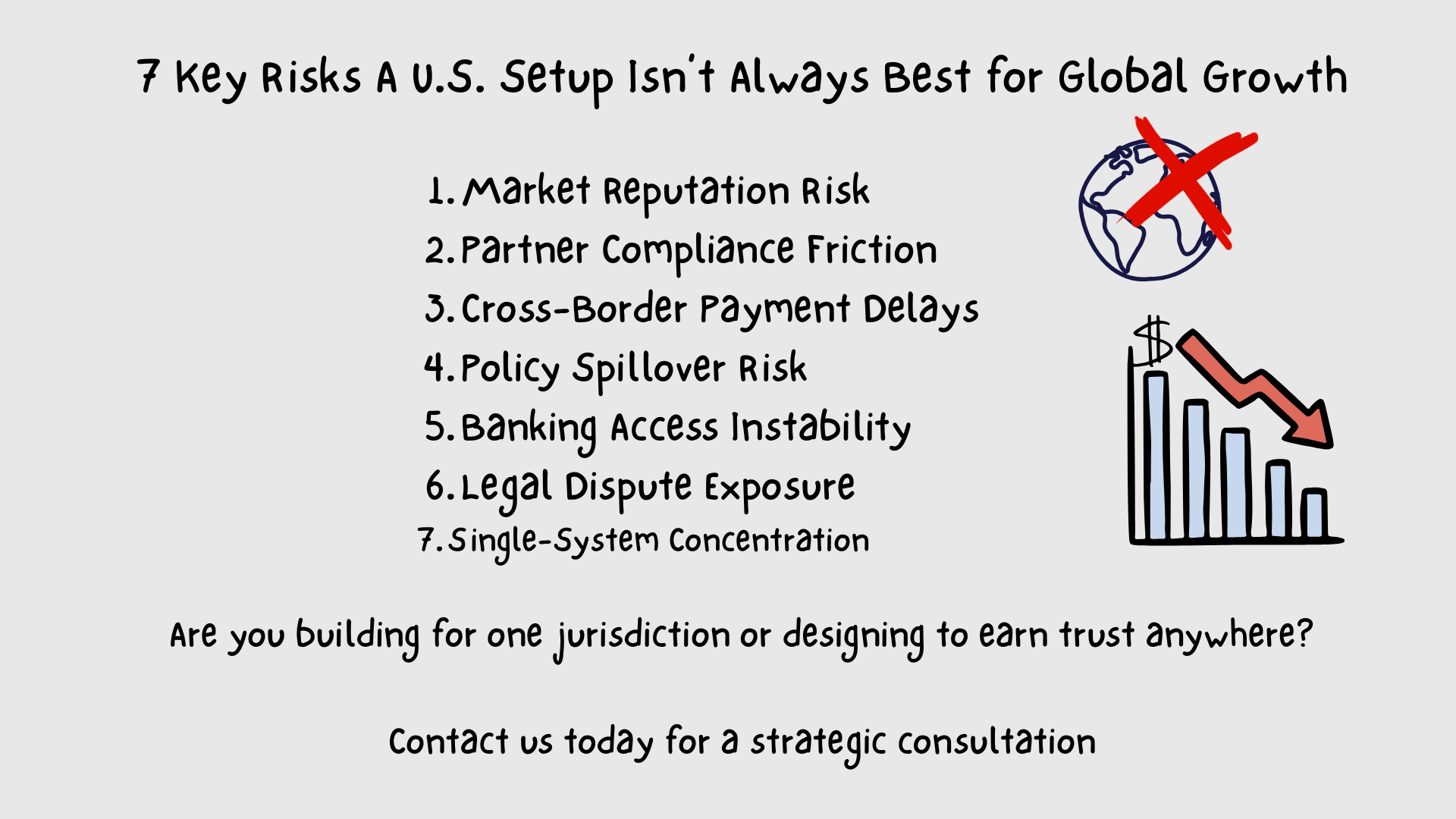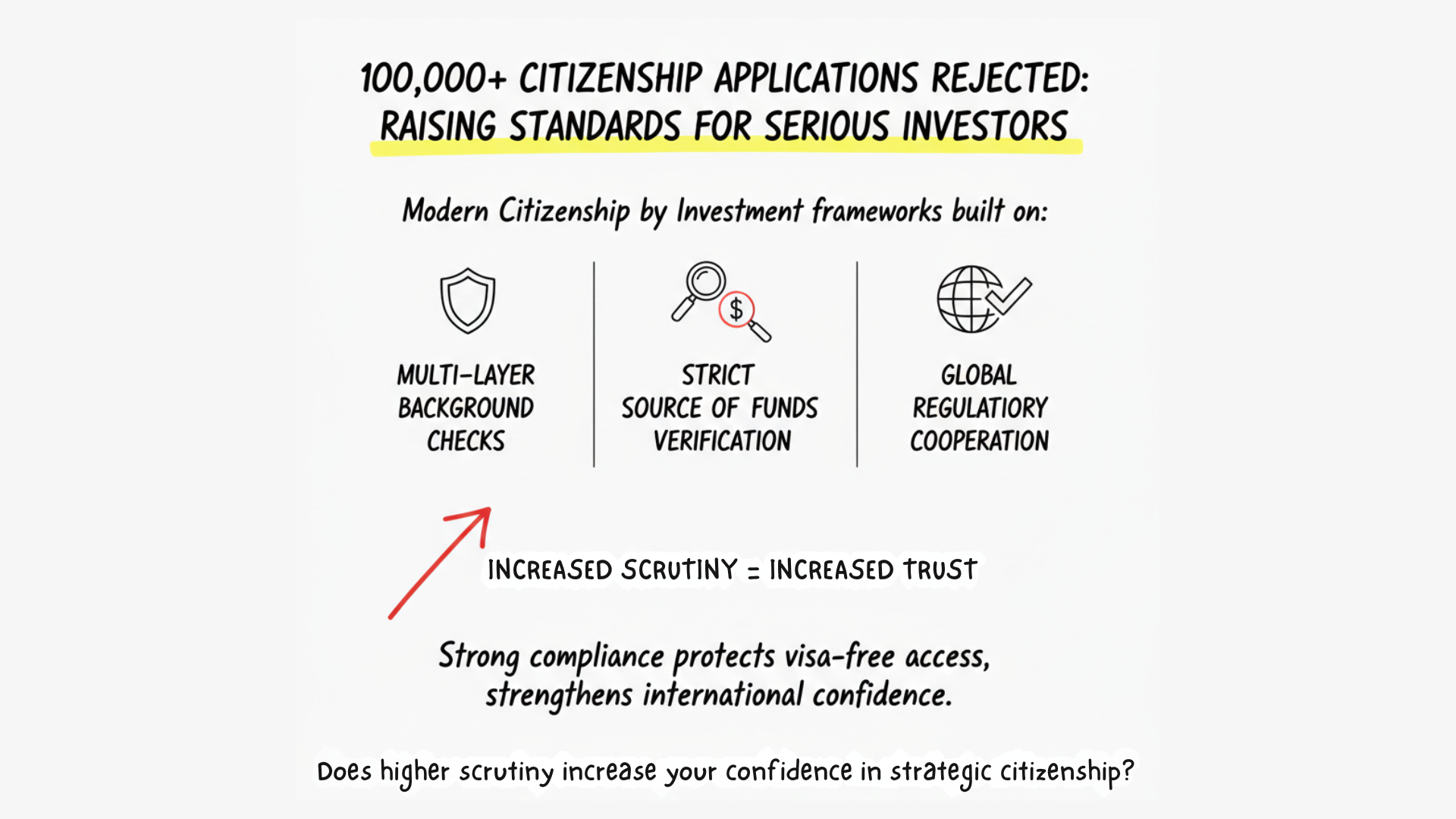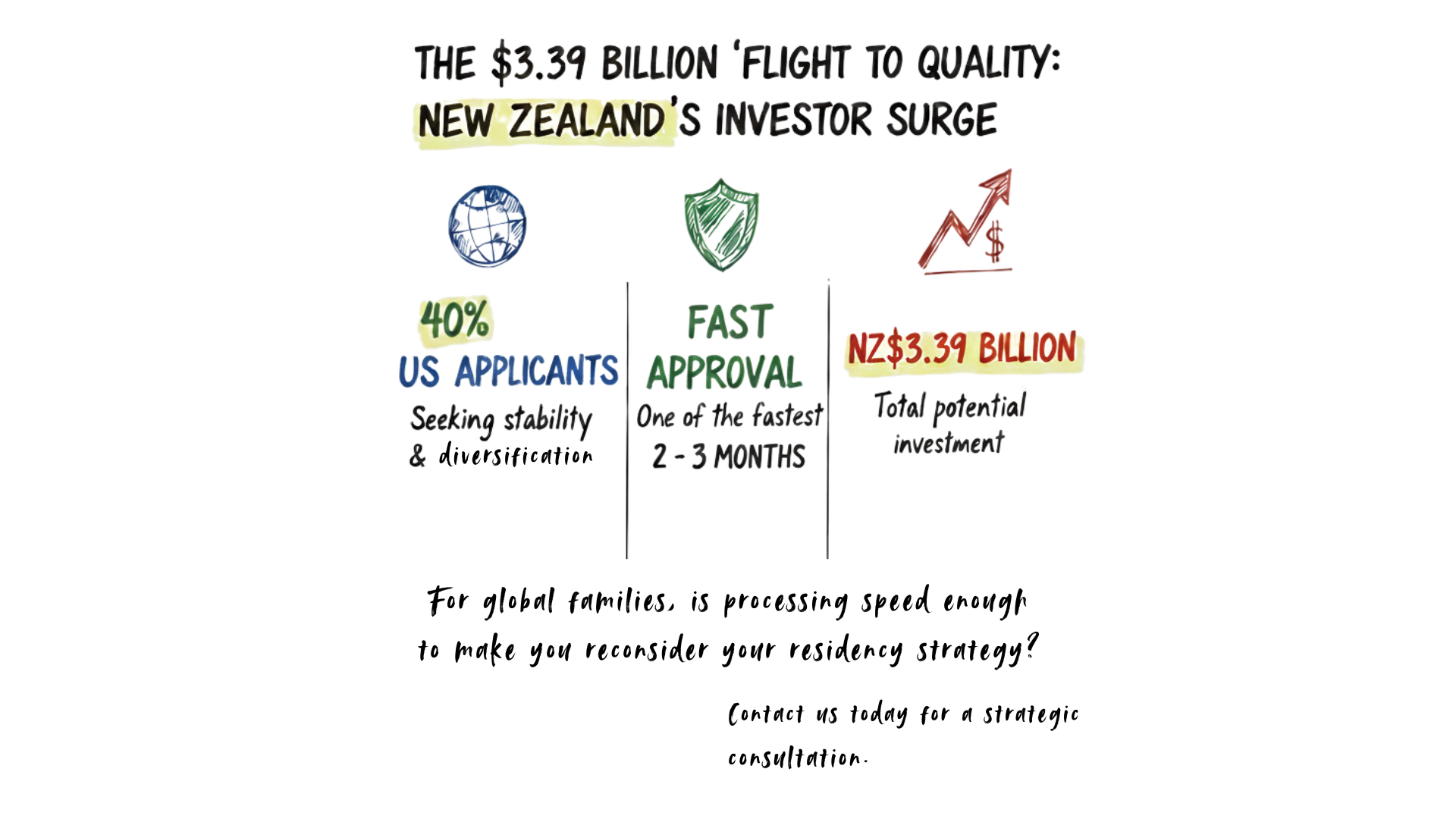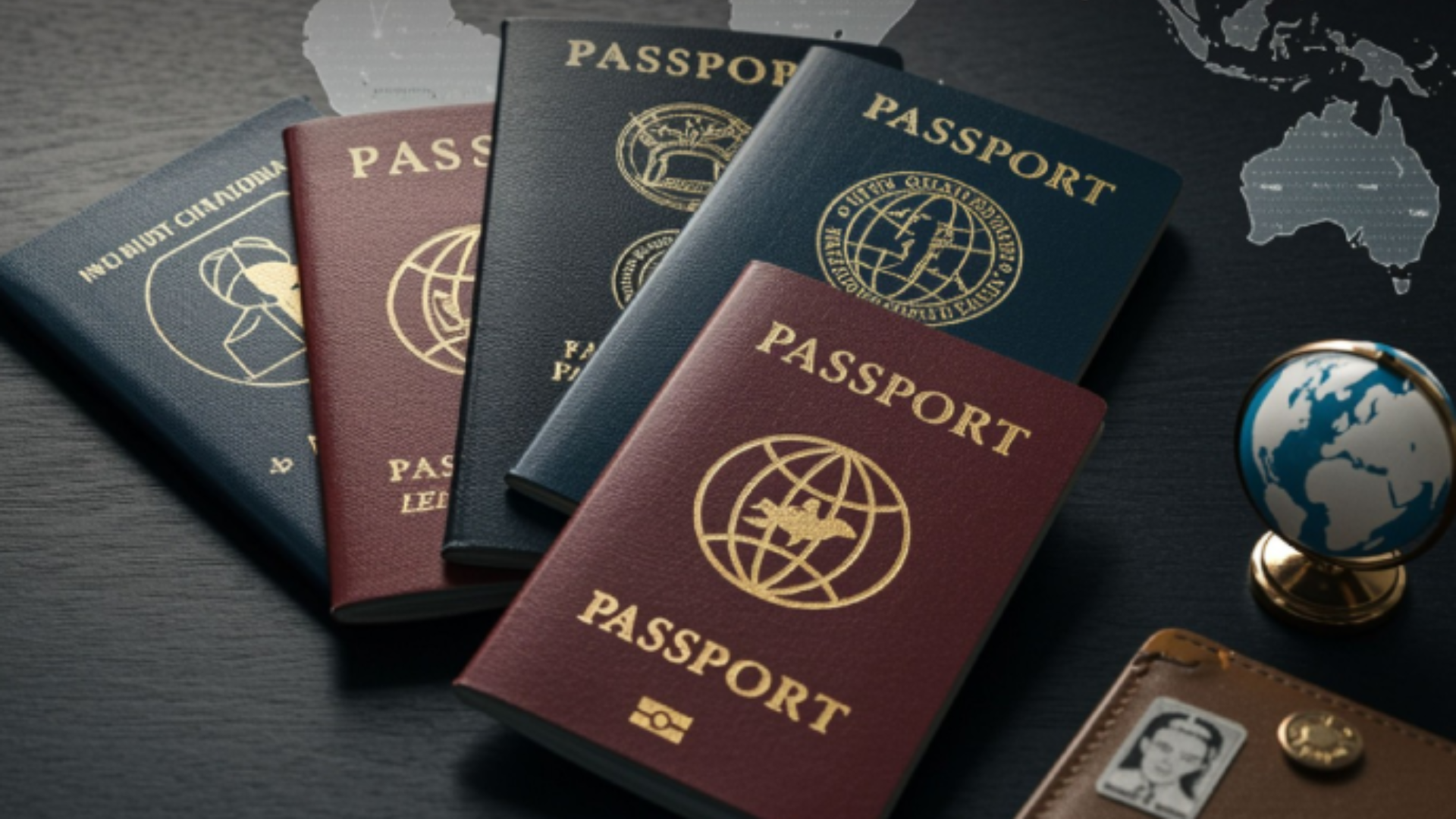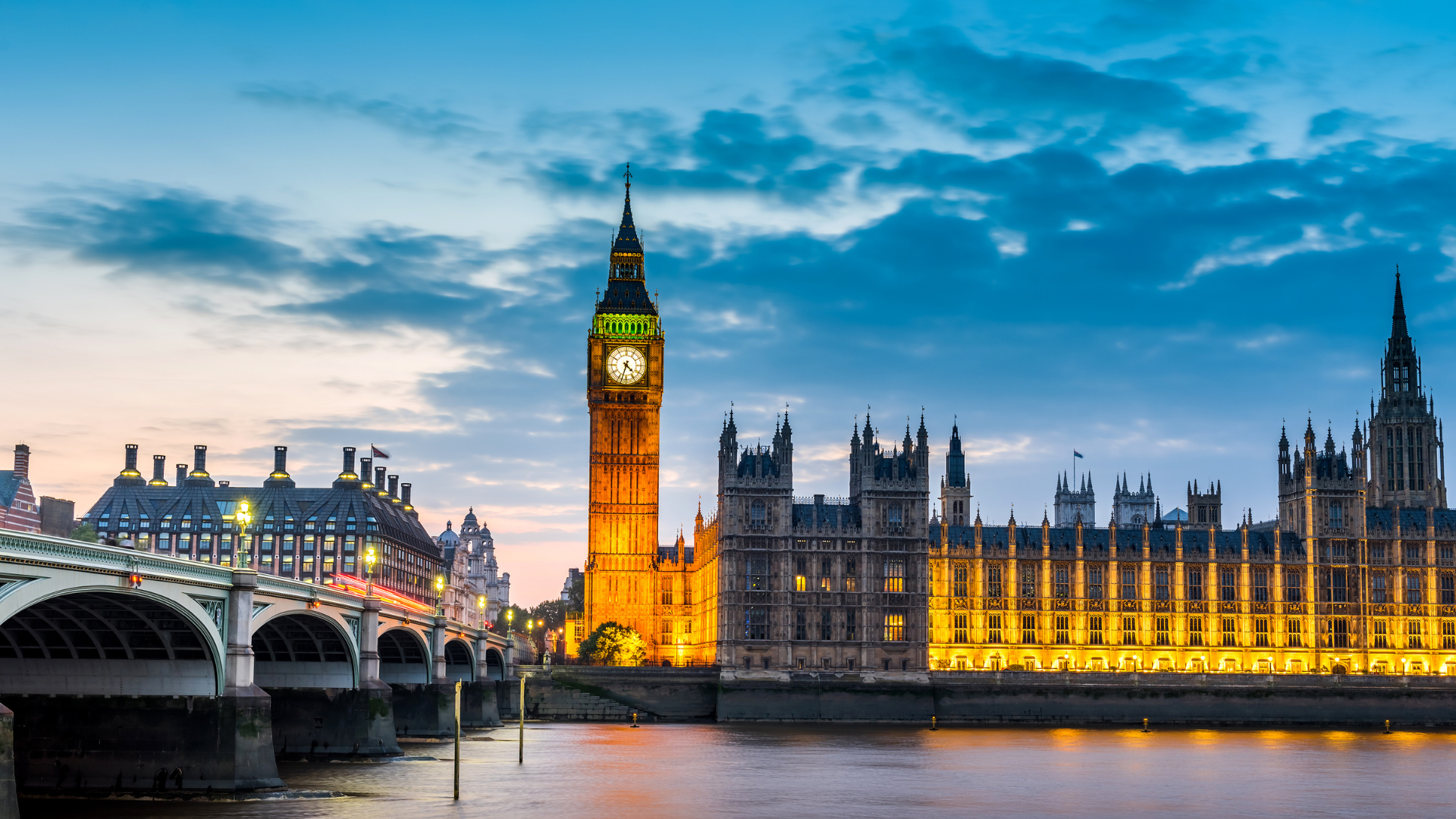UK Eyes Visa Bans on Angola, Namibia & DRC Over Deportation
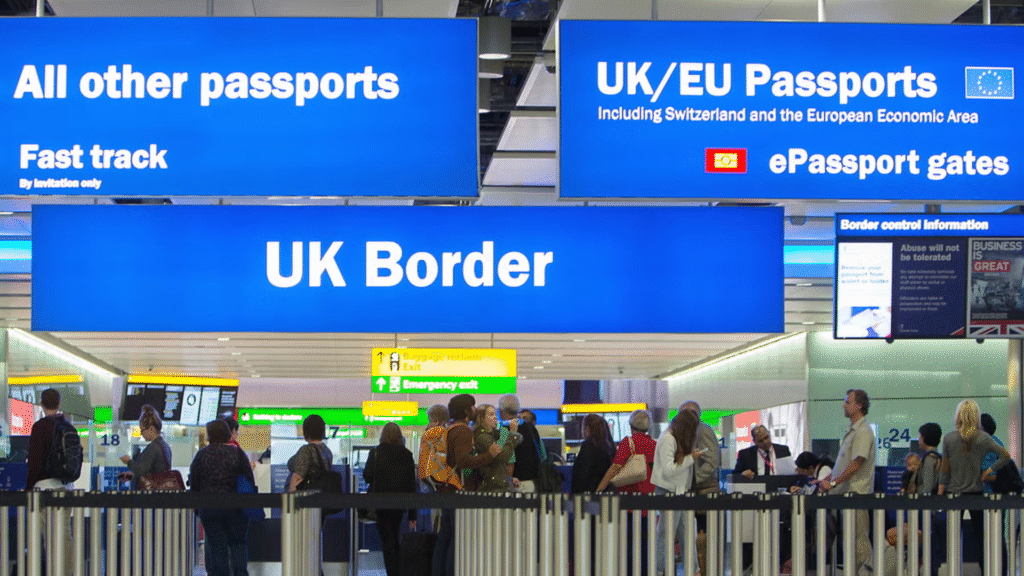
The United Kingdom has issued a sharp warning to three African nations, Angola, Namibia, and the Democratic Republic of the Congo (DRC). According to the UK Home Office, these countries are failing to cooperate in accepting deported nationals. As a result, they could soon face targeted visa restrictions.
But this is more than a simple diplomatic disagreement. It’s a timely signal to business owners, investors, and global citizens everywhere: when a country falls out of compliance, its people, including its most successful, may pay the price in restricted mobility.
In today’s globalized world, your ability to travel, invest, and expand internationally can be threatened not by your actions, but by your home country’s geopolitical standing.
Why the UK Is Taking This Step
The issue at hand is deportation noncompliance. The UK claims that thousands of individuals from Angola, Namibia, and the DRC are currently residing in the UK without legal status, some with criminal convictions or failed asylum claims. Normally, these individuals would be deported.
However, for a deportation to happen, the country of origin must:
- Confirm the individual’s identity
- Issue emergency or replacement travel documents
- Accept their return
The UK alleges that these three governments are not fulfilling their responsibilities in this process. In response, the UK is considering sanctions in the form of visa restrictions. These may apply to various categories of travelers, including tourists, students, businesspeople, and even government officials.
Visa bans are no longer just tools for immigration control, they are becoming a form of diplomatic leverage. By restricting entry to UK territory, the government is pressuring foreign states to cooperate with its legal and administrative systems.
This is not the first time such a strategy has been used. Other countries, including the United States and EU member states, have employed similar policies to address noncompliance on deportations and returns.
What’s new is the level of visibility and intensity of the approach. The UK is setting a precedent that compliance is no longer optional, it’s a condition of continued visa access.
At first glance, this policy seems targeted at undocumented migrants or convicted individuals. But its ripple effects could reach far beyond.
If you’re an entrepreneur, investor, or high-net-worth individual from Angola, Namibia, or the DRC, your personal freedom of movement and ability to conduct international business could be limited, even if you’ve done everything right.
Here’s how this policy shift can affect you:
- Business disruption: If you travel to the UK for meetings, negotiations, or expansion, restricted visa access could cause delays or losses.
- Education plans: Many families send their children to UK boarding schools and universities. Visa complications could affect their future.
- Real estate and financial services: Investors who hold UK property or use UK-based advisors or banks may face complications if they’re unable to enter the country.
- Family ties: If your family resides in the UK, visits and reunions may become more difficult.
All of this reinforces a simple but urgent reality: Holding a single passport, no matter your wealth or intentions, leaves you exposed to geopolitical risk.
What’s most alarming about situations like this is how quickly they can escalate. The UK’s visa decisions could change in a matter of days or even hours, depending on how the target countries respond.
This is what we call the “24-Hour Rule”: in a single day, your ability to enter a country for business, family, or investment reasons can be revoked based on your country’s political standing.
And it’s not limited to the UK.
As more countries adopt similar policies, visa restrictions may soon be used as:
- Responses to diplomatic disputes
- Tools to enforce immigration rules
- Leverage in trade or human rights negotiations
For globally active individuals, this introduces real mobility risk and demands a proactive strategy.
For high-net-worth individuals and international business owners, second citizenship or residency is no longer just a luxury, it’s a strategic necessity.
Here’s why:
- Diversified Travel Access
- With a second passport or residency, your mobility is not dependent on a single country’s standing. If your primary passport becomes restricted, you still have options.
- Uninterrupted Business
- Whether it’s meeting with partners, signing contracts, or managing assets, mobility ensures your business continues to operate smoothly across borders.
- Family Protection
- Residency or citizenship in stable countries helps ensure access to quality education, healthcare, and safe living environments, even during political instability at home.
- Reputation Buffer
- Your personal and professional brand should not be penalized by your government’s missteps. Alternative residency or citizenship separates your identity from national politics.
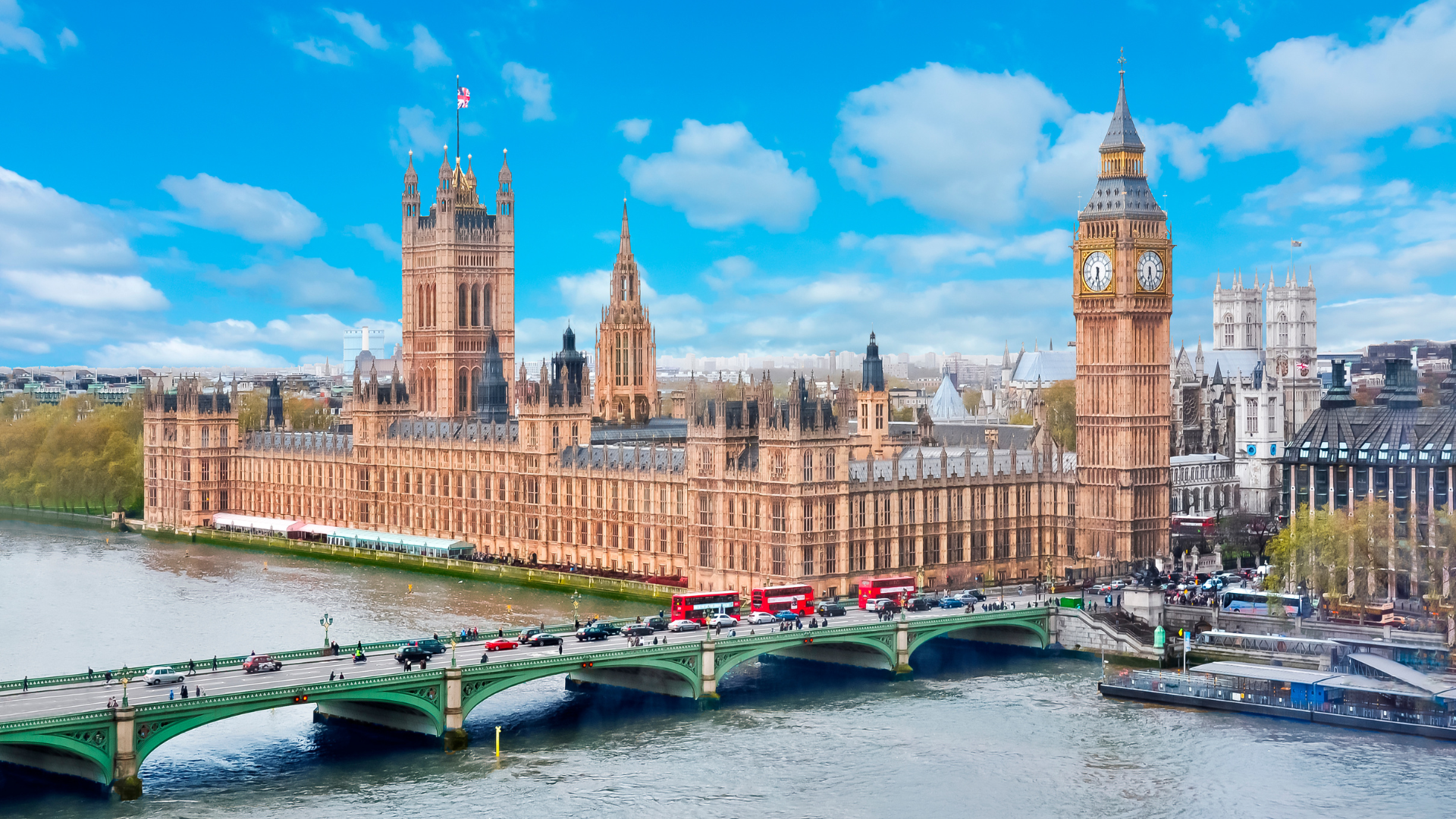
There are many legal pathways available for investors seeking greater mobility security. Some of the most popular include:
- Portugal Golden Visa: Grants residency in an EU country with eventual access to citizenship.
- Caribbean Citizenship by Investment (CBI): Nations like St. Kitts & Nevis, Dominica, and Antigua & Barbuda offer fast-track passports with wide visa-free access.
- UAE Residency: Business-friendly, tax-efficient, and strategically located.
- Malta & Greece: Residency and citizenship options with access to the EU and Schengen Zone.
Each of these offers different benefits depending on your needs, whether that’s visa-free travel, tax planning, or long-term relocation.
Could Other Countries Be Next?
Yes. The UK has clearly stated that any country failing to accept deported nationals may face visa consequences. Other governments are watching closely, and similar policies may follow elsewhere.
Countries with:
- High numbers of nationals overstaying visas
- Low levels of cooperation on immigration enforcement
- Weak diplomatic engagement
…are all at risk of being next in line.
For global citizens from emerging markets, this policy signals a future where national politics and personal mobility are increasingly intertwined.
Contact us if you are interested in Citizenship by Investment
Our expert advisors will have a 1-on-1 consultation to find the best solutions for you and your family and guide you through the procedure.
One Passport Is No Longer Enough
The UK’s threat of visa bans on Angola, Namibia, and the DRC is more than a warning, it’s a clear example of how quickly politics can influence personal and business freedom.
In today’s global economy, relying on one passport leaves you vulnerable. Investors and high-net-worth individuals must act before problems arise, not after.
Whether it’s for business continuity, investment access, or family security, the smartest move is to diversify your citizenship and residency options.
Want to protect your global access and reduce your mobility risk?
Our team specializes in second residency and citizenship planning tailored for entrepreneurs, investors, and families. Let’s build your strategy today, before policy shifts close doors tomorrow.
Contact us now to secure your freedom to move, invest, and grow without borders.
Share this blog
Frequently Asked Questions
Related Articles
Beijing Is Watching Your Wealth; Turkey Offers a Legal Pathway
In an era of rising financial scrutiny, global investors are taking action. Discover why 89% of Chinese HNWIs are exploring…
7 Key Risks A U.S. Setup Isn’t Always Best for
A cross-border business setup can boost global growth by reducing onboarding delays, payment friction, and concentration risk. This guide explains…
Why Citizenship by Investment Due Diligence Matters for Investors
Citizenship by Investment due diligence protects more than an application. It safeguards international credibility, visa free access, and long term…
Wealthy Americans Lead New Zealand Golden Visa Surge
Wealthy Americans are leading the New Zealand Golden Visa surge as investors prioritize stability and diversification. Billions in committed capital…
Second Residency Is Now A Top Three Global Wealth Priority
Second residency has quietly moved into the top tier of priorities for serious wealth holders. This article explains why investors…
UK Exit Tax 20% and the Future of Strategic Wealth
The UK Exit Tax 20% could significantly impact HNWIs, founders, and investors with substantial unrealized gains. This in depth analysis…
Greek Golden Visa Sees Record Turkish Investor Demand Surge
The Greek Golden Visa is seeing record demand from Turkish investors seeking EU residency, asset protection, and mobility. With participation…


